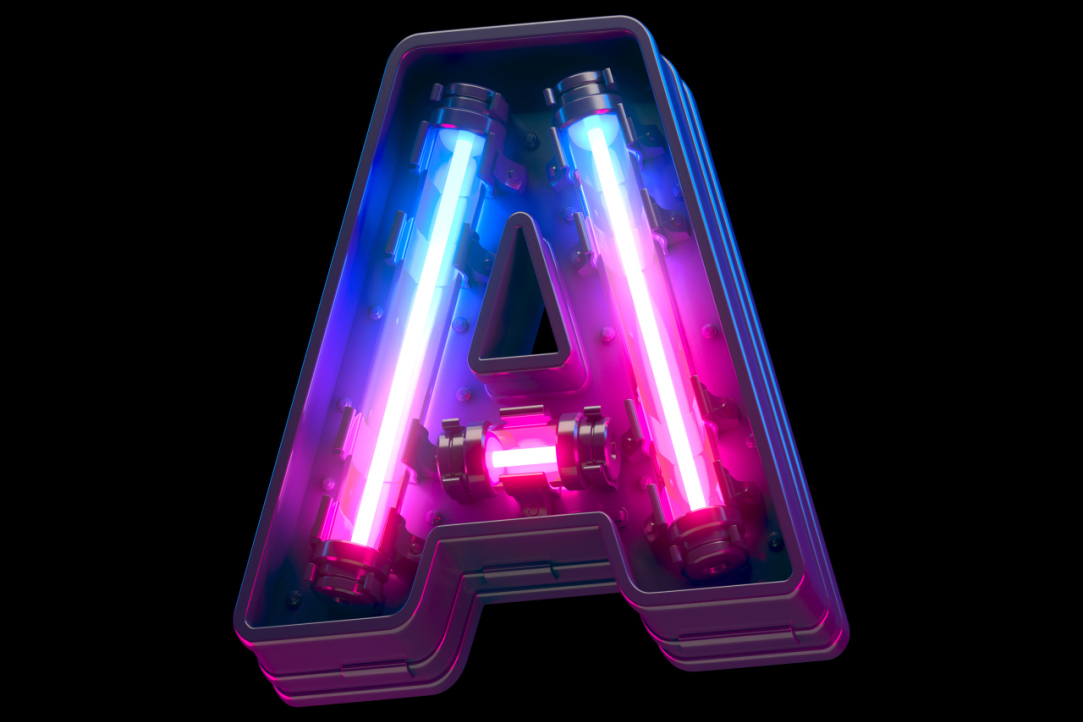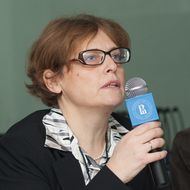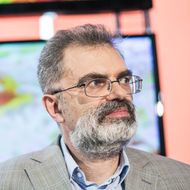HSE Student Conference Evaluates ‘The Manuscripts in Digital Space’

Students of HSE University (based at its Moscow and Nizhny Novgorod campuses), Moscow State University, Russian State University for the Humanities, and representatives of the Russian Academy of Science (RAS) Institutes, Novosibirsk Pedagogical University, and HSE Saint Petersburg and Nizhny Novgorod campuses participated in the online conference, ‘Text as DATA: The Manuscript in Digital Space’, which was organized by the School of General and Applied Philology of the Faculty of Humanities.
The conference was dedicated to handwritten masterpieces of twentieth-century Russian literature. Participants studied new forms of literary philosophy and textology, and discussed cutting-edge digitization technology.
‘The event was conceived as a very unusual test during which our students of the seminar, ‘Text as DATA: The Manuscript in Digital Space’, defended their projects together with professional textologists who are younger members of RAS institutes,’ said Elena Penskaya, Professor and Head of the School of General and Applied Philology.
According to Professor Penskaya, the seminar is based on the HSE project, ‘Autograph. 20th Century’, the largest publicly available digital manuscript archive detailing the history of Russian literature (Editor’s Note: Elena Penskaya is the leader of this project).
Elena Penskaya, Head of the School of General and Applied Philology

Our archive boasts over 20,000 digitized copies of manuscripts, drafts, diaries and notebooks, drawings, handwritten books by poets of the futurist movement, and rare published volumes containing authors’ notes. Students were asked to choose a manuscript from the Autograph’s collection and tell a story about the literary work that used to be only available to a limited number of scholars. Each student created their own independent project.
The conference was attended by students, teachers, and heads of schools and departments of HSE campuses, as well as researchers of RAS World and Russian literature institutes, Novosibirsk pedagogical University, Moscow State University, and Russian State Universities for the Humanities. In his welcome address, Georg Vitte, Head of HSE School of Philology (Saint Petersburg), pointed to the conference’s relevance to current research in the field. ‘I’m working quite intensively on samizdat (i.e., independently published) publications of Soviet poetry, and I’m aware of the crucial role of various handwritten materials, from notebooks to draft texts. I think the focus on manuscripts will help us shake off the traditional author-centric approaches to literature to study the writing process itself,’ he said.
I find the new attention of philologists to these materials and matters very important and consistent with the latest trends in media theory
After the plenary session, ‘The 20th Century: from A to A’, during which eleven researches presented papers, the conference participants were divided into two sections. The first section, entitled, ‘Theatrical Scrapbook’, was dedicated to unpublished archive materials regarding Boris Pasternak’s play, This World, and his novel Doctor Zhivago; Mikhail Bulgakov’s manuscripts and the mysteries of his ‘theatrical novel’ (A Dead Man’s Memoir); as well as other works and the problems of studying dramatic works in the digital age.
Valery Zusman, Academic Supervisor, HSE University in Nizhny Novgorod

Many early career researchers—students from a number of HSE campuses—attended the conference. For them this has been an invaluable opportunity to take part in an academic conference. The event also gave us a nice break from self-isolation. Today’s dialogue is not an illusion of the past, but a pledge to the future. The discussion focused on digital archives. The Autograph project adds credibility to literary studies and contributes to the democratization of philology without detracting from its rigor as a science.
The speakers of the second section, ‘Notebooks and Diaries’, presented their research on manuscripts by Vladimir Mayakovsky, Alexander Blok, and Innokenty Annensky. Aryuna Dorzhikhandayeva, a second-year student in philology, presented her paper, ‘Notes as the Underlying Principle of Alexander Blok’s Diaries in 1911 and 1913’. She says that the seminar, ‘Text as DATA: The Manuscript in Digital Space’ has been helpful. ‘I didn’t use to be particularly keen on textual studies. Now that I have learned about this field, I’m eager to use the knowledge I’ve gained,’ she adds.
Anna Akimova, Chair of the Early Career Scientists Board of the RAS Institute of World Literature, praised the presentations. ‘Let me congratulate my HSE colleagues on their successful project and an informative and well-organized conference. The level of discussion at this event was very high; the students know the material very well and are able to analyze it at a professional level,’ she said.

